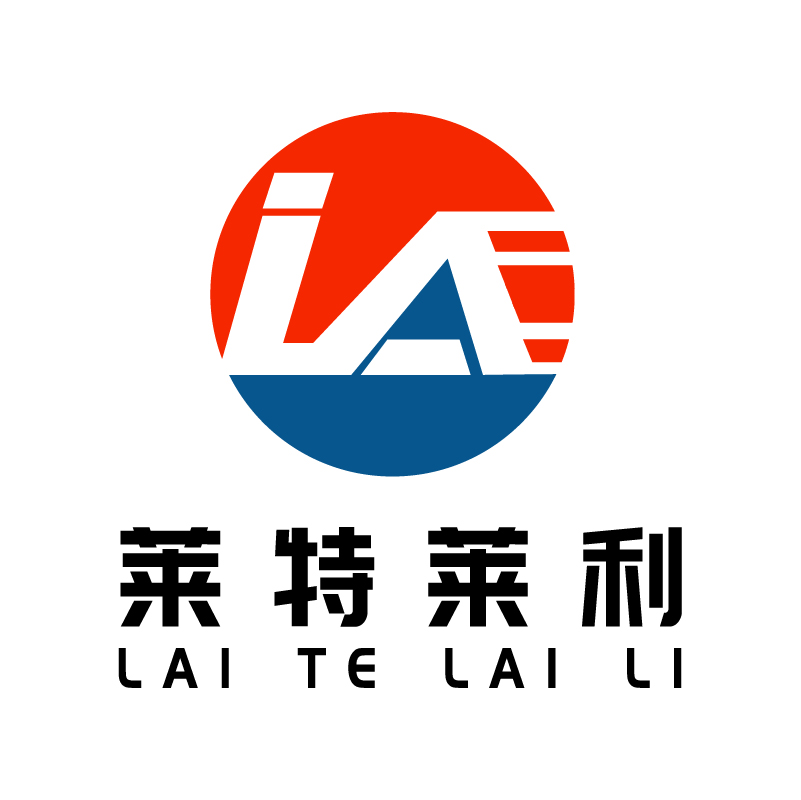What are the special requirements for BOPP synthetic labels in the Japanese market?
The Japanese market has a series of special requirements for BOPP synthetic label paper, which are mainly reflected in the following aspects:
First,Environmental protection and sustainability
1.Recyclability: With the increasing global attention to environmental issues, the Japanese market is also increasingly demanding the recyclability of packaging materials. BOPP synthetic label paper needs to meet certain recycling standards in order to be effectively recycled in the waste treatment process.
2.Biodegradability: Although BOPP itself is not a biodegradable material, the Japanese market may prefer to choose BOPP synthetic label paper products that use environmentally friendly technologies in the production process or add biodegradation additives.
Second, quality and performance
1.Physical properties: The Japanese market has strict requirements for the physical properties of BOPP synthetic labels, including weather resistance, wear resistance, tear resistance and so on. These properties are directly related to the stability and durability of the label paper during use.
2.Printing adaptability: Because the Japanese market has high requirements for packaging printing quality, BOPP synthetic label paper needs to have good printing adaptability to ensure the clarity and color reproduction of the printed pattern.
Third,Regulations and standards
1.Food safety regulations: If BOPP synthetic label paper is used for food packaging, then it must meet Japan's strict food safety regulations. This includes non-toxic, odorless, no harmful substances and so on.
2.Label requirements: According to the relevant laws and regulations of Japan, the packaging label needs to be marked with detailed product information, production date, shelf life, ingredient list, etc. Therefore, BOPP synthetic label paper needs to be able to clearly print this information and ensure that it is not easy to fall off or blur.
Fourth, personalization and customization
1.Design innovation: The Japanese market has high requirements for innovation and personalization of packaging design. Therefore, BOPP synthetic label paper needs to be able to be customized according to customer needs to meet the packaging needs of different products.
2.Functional requirements: In some specific areas, such as electronic products, cosmetics, etc., labels may need to have special functions such as anti-counterfeiting, waterproof, and oil-proof. These functional requirements also need to be met by BOPP synthetic labels.
Fifth,Market trends and future prospects
1.Strengthening environmental protection trend: With the improvement of global environmental awareness, the demand for environmentally friendly packaging materials in the Japanese market will continue to grow. Therefore, in the future, BOPP synthetic label paper needs to pay more attention to the improvement of environmental performance and sustainable development.
2.Technological innovation: With the continuous progress of printing technology and material science, the performance and quality of BOPP synthetic label paper will continue to improve. At the same time, the development of new environmentally friendly materials will also provide more possibilities for the market expansion of BOPP synthetic label paper.
In summary, the Japanese market has a series of strict special requirements for BOPP synthetic labels, which are mainly reflected in environmental protection and sustainability, quality and performance, regulations and standards, personalization and customization. In the future, with the change of market trends and the promotion of technological innovation, these requirements will continue to evolve and improve.


